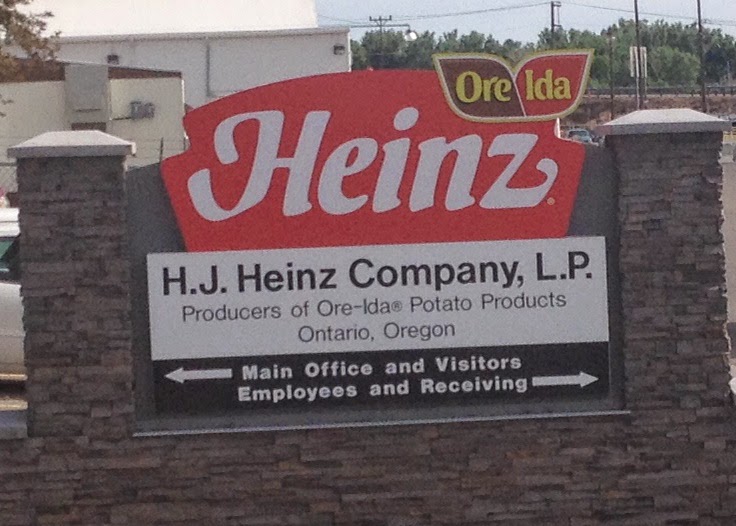Once I got down past Sacramento, I took 99 south in order to avoid the construction delays on I-5. I was ahead of schedule; not terribly, but enough that I knew for certain that I would make my delivery on time, early even.
When I got down to Bakersfield, the amber Caltrans signs had changed to read "GRAPEVINE CLOSED". The Emergency Broadcast System interrupted the local NPR station with news of flash flood warnings. It started to rain.
In Bakersfield, most of the trucks turned east and took 58 towards Mojave. They were most likely heading to Las Vegas and points eastward; they had no reason to go over the Grapevine. Past the cutoff to 58, I pretty much had the freeway to myself.
I figured that, whatever the problem was, Caltrans would have it long fixed by morning. I pulled over at a small Truck stop and parked for the night. It was still daylight, I had only 150 miles to go and my load wasn't due until 2:00 pm the following day. There was plenty of room to park, and I chose a good spot along the end of the row with an easy exit.
As dusk fell, more and more trucks came in. The lot was soon entirely full, they kept coming. Now it was dark and the trucks just parked every which way. In the morning, we learned that, because of mudslides, the CHP had also closed Highway 58. Bugger!
 |
| Foggy, too. |
From listening to news updates on the local NPR station, watching the web page of the local TV news station, following along with the (highly recommended) California traffic app and listening to the knuckleheads on the CB radio, I now figured that I wasn't going much of anywhere anytime soon.
By 9:30 in the morning, I was getting pretty antsy. The rumor going around was that Caltrans was going to open up I-5 by 5:00 pm, but my load was due at 2:00. Drivers huddled in small groups, discussing strategy. There was another way around this mess: by taking Highway 166 west, through Maricopa and New Cuyama and over to Santa Maria, we would would meet up with Highway 101 which we could then take south to Los Angeles.
Everybody else had the same idea. It was a pretty stupid idea.
A long line of trucks soon clogged up the road. Just west of Maricopa, right at the top of the hill, a semi truck stalled and completely blocked the westbound direction of the two-lane road. The CHP halted westbound traffic until a heavy wrecker could arrive from Bakersfield. That took awhile.
 |
| Hwy 166 west of Maricopa |
When the errant tractor-trailer was finally hooked up and removed, traffic was quite backed up. We drove at 15 mph for hours. It cleared up a bit after that, but came to a standstill again a few miles east of Highway 101. All the vehicles that would normally be on Interstate 5 were now trying to coexist on a much smaller freeway. It didn't go that well.
From Santa Maria all the way down to Santa Barbara, the Friday rush-hour traffic crawled along at 10 to 15 miles per hour.
Soon, all the trucks ran out of time (permissible DOT hours of driving time) and started dropping like flies. Highway 101 has no truck stops or any real places for trucks to park, so they just parked; hundreds of semi-trucks parked alongside the shoulder of Highway 101 wherever they could find a place wider than 10 feet wide.
I pulled over and slept near an off ramp in Carpinteria, just south of Santa Barbara. The local Police ignored me. The next morning, I was on the road before daylight. I made it to my destination by 8:30.The receiver grumbled a bit, but agreed to unload me on a Saturday, almost an entire day late.
My company gave me another load heading north. I drove back up I-5 and over the (now cleaned up) Grapevine.
Once back over the hill and onto to Highway 99, I stopped in at the same truck stop, wandered over to the nearby cafe and treated myself to well-deserved chicken-fried steak for dinner.



.JPG)